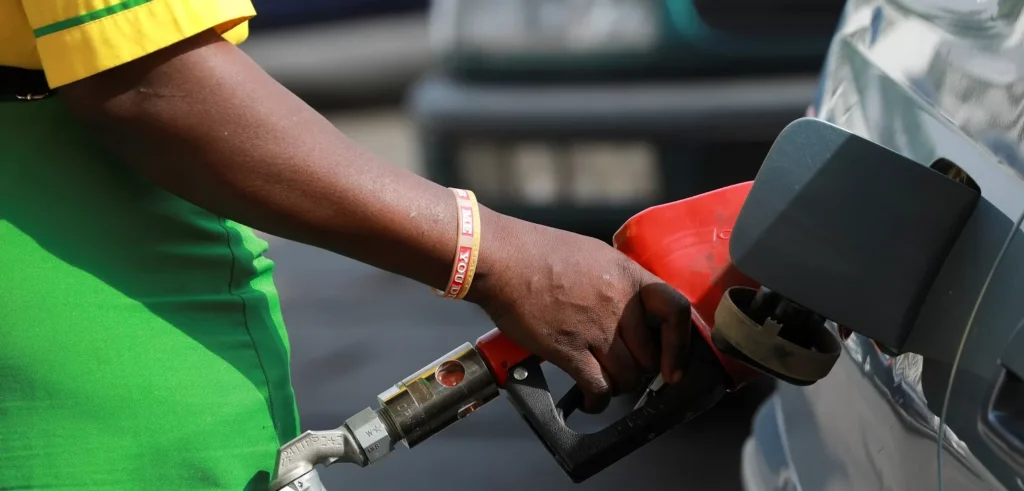The landing cost of Premium Motor Spirit (PMS), commonly known as petrol, in Nigeria has dropped significantly to ₦900.28 per litre, marking a reduction of ₦36 from last week’s cost of ₦936.75. This represents a 3.62% decrease, according to data released by the Major Energy Marketers Association of Nigeria (MEMAN).
Fluctuations in Petrol Prices
Earlier this week, the landing cost had dropped further to ₦890.43 per litre, reflecting ongoing fluctuations influenced by global market dynamics and local importation trends. Despite these changes, the retail price of petrol in Nigeria remains at ₦1,060 per litre.
Crude oil prices and foreign exchange rates continue to be critical determinants of petrol costs. On Thursday, Brent crude oil was benchmarked at $73.52 per barrel, up from $72.06 the previous day, while the exchange rate stood at ₦1,533 per dollar.
Comparison with Locally Refined Fuel
Imported petrol remains less expensive than locally refined products. On Thursday, petrol from the Dangote Petroleum Refinery was priced at ₦970 per litre, while that from the Port Harcourt Refining Company was priced at ₦1,030 per litre. This disparity highlights the cost-effectiveness of imports versus domestic refining, even with associated regulatory fees.
Surge in Importation: 121.1 Million Litres in Three Days
In response to the reduced landing costs, oil marketers have ramped up importation. Between December 10 and December 13, 2024, a total of 90,308 metric tonnes of petrol—equivalent to approximately 121.1 million litres—was imported into the country. The shipments were conveyed by four vessels that berthed at various ports across Nigeria:
- Warri Port: On December 10, AYM Shafa imported 15,000MT (21.12 million litres) aboard the Stellar.
- Apapa Port, Lagos: On December 12, the Kriti Ruby arrived with 37,308MT (50.03 million litres) handled at the ASPM jetty terminal.
- Rivers Port, Onne: On December 12, the St Lady Meenah delivered 23,000MT (30.84 million litres).
- Calabar Port: On December 13, the Virgo 1 brought in 15,000MT (20.12 million litres) at the Dozzy Oil and Gas Services Terminal.
Analysis of Price Trends
Recent data highlights a downward trend in daily and average spot prices:
- Daily Spot Price (Import Parity): Reduced from ₦936.75 to ₦900.28.
- 30-Day Average Price: Dropped to ₦945.23 on Thursday from ₦958.89 recorded last week.
Despite these reductions, the ex-depot price range in Lagos remains high, fluctuating between ₦970 and ₦1,050 per litre.
Factors Influencing the Decline
The decline in petrol landing costs is attributed to:
- Global Market Stability: Reduced crude oil prices and improved forex rates.
- Fresh Supply: Increased importation during the week, ensuring adequate availability in the domestic market.
- Strategic Importation by Marketers: Companies like AYM Shafa capitalized on the reduced costs to import significant quantities.
Contrary Trends in Domestic Refining
Despite efforts to promote local refining, the current costs of domestically refined petrol remain higher than imports. This has led many marketers to continue importation, contradicting earlier announcements to halt imports and focus solely on domestic supplies.
Looking Ahead
While the drop in landing costs provides some relief, the disparity between landing and retail prices remains a concern. Marketers and industry stakeholders are closely monitoring global and domestic factors, including crude oil prices, foreign exchange rates, and refining costs, which could influence future pricing.
For now, the increased importation of fuel ensures a steady supply for the Nigerian market, though concerns over potential price volatility during the festive season persist.













